The Quadrilateral Security Dialogue, or “Quad,” is a diplomatic forum that includes India, Australia, the US and Japan. It’s an unusual grouping, since these four countries have little history of acting as a collective. However, some members have strong bilateral ties, especially the US with Japan and with Australia. India is somewhat of an outlier.
There is no clear agreement on the Quad’s purpose. Is it a group of friends, or a security alliance? If it serves any purpose, it’s because these democracies, neighboring China, feel the need to unite. While wary of China, they claim not to be forming an alliance to contain it.
If that is the logic, excluding South Korea seems illogical. South Korea, sharing a border with North Korea and with China nearby, is more vulnerable than any Quad member.
Why is South Korea not in the Quad?
It’s important to note that the Quad is originally a Japanese concept. Former Japanese Prime Minister Shinzo Abe envisioned it as a platform for future economic cooperation. India, the US, and Australia were key trading partners for Japan, and protecting sea routes to them was essential. This required international cooperation.
From Japan’s perspective, this still makes sense. However, the broader purpose of the Quad has shifted. In 2017, the group “rebooted” and rebranded itself with the slogan “Free and Open Indo-Pacific” — opposing China’s attempts to claim the East and South China Seas as its territorial waters. But if that’s the goal, why exclude South Korea? Or, for that matter, countries like Vietnam and the Philippines, whose maritime sovereignty China threatens?
The AUKUS deal, which includes the US, UK, and Australia, further complicates things. It suggests the US and Australia are moving toward alliances based on cultural ties rather than democracy. Britain has little role in East Asia today, yet it was included while regional powers like France were not. However, Anglo unity doesn’t have to clash with democratic solidarity. The US and Australia could deepen ties with Asian democracies, and including South Korea in the Quad would be a vital step.
Why the Quad needs South Korea
South Korea is more than just one more adversary of China that could cooperate in military matters. Including South Korea is a matter of defining the Quad’s identity. If the grouping aims to be a significant regional actor, it needs to inspire a sense of purpose. Right now, it looks like a ragtag team with little justification beyond each actor’s personal interest. The Quad needs an identity. Democracy is the obvious defining characteristic of the grouping, but if that is the case, South Korea must be involved. If South Korea remain excluded, observers may wonder whether something other than democracy is the real criterion.
There some flies in the ointment, though. South Korea has strong security ties with the US but is economically dependent on China, its largest trading partner. Joining the Quad could strain this relationship, especially since China has a history of using economic pressure to influence political decisions. In 2017, China’s boycott over South Korea’s decision to host the US THAAD system heavily impacted South Korea’s economy.
Another issue is the historical animosity between South Korea and Japan, stemming from Japan’s 35-year occupation of Korea. Many Koreans still harbor resentment for Japan’s actions during World War II, though tensions have eased since Abe’s tenure.
South Korea is more physically threatened by China than any current Quad member. The threat of a Chinese or North Korean invasion overland is a real danger (and one that has already occured, during the Korean War). For Japan, an island nation, the possibility of a Chinese naval threat to the homeland remains somewhat more theoretical. So, South Korea may hesitate to take a strong stance on issues like maritime freedom. However, due to its ties with the US from the Korean War, South Korea is even more integrated into the US security network than Japan. Will it be willing to join an alliance likely seen by Beijing as anti-China?
For now, it’s unclear. But South Korea’s inclusion would make sense. Both South Korea and Japan have strong infrastructure development sectors and, together, could offer an alternative to China’s Belt and Road Initiative. What the Quad needs is a clear identity that other nations can buy into. Without this, it will inspire neither moral nor strategic trust.
[Anton Schauble wrote the first draft of this piece.]
The views expressed in this article/video are the author’s own and do not necessarily reflect Fair Observer’s editorial policy.






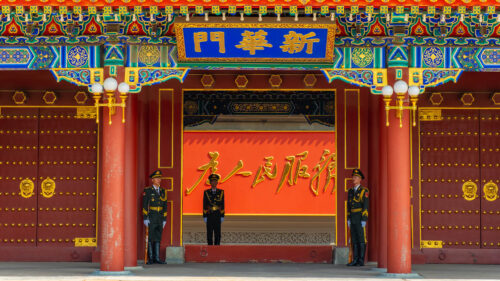
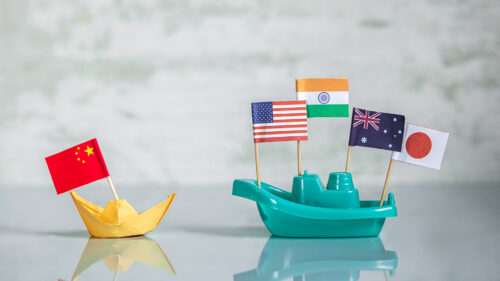





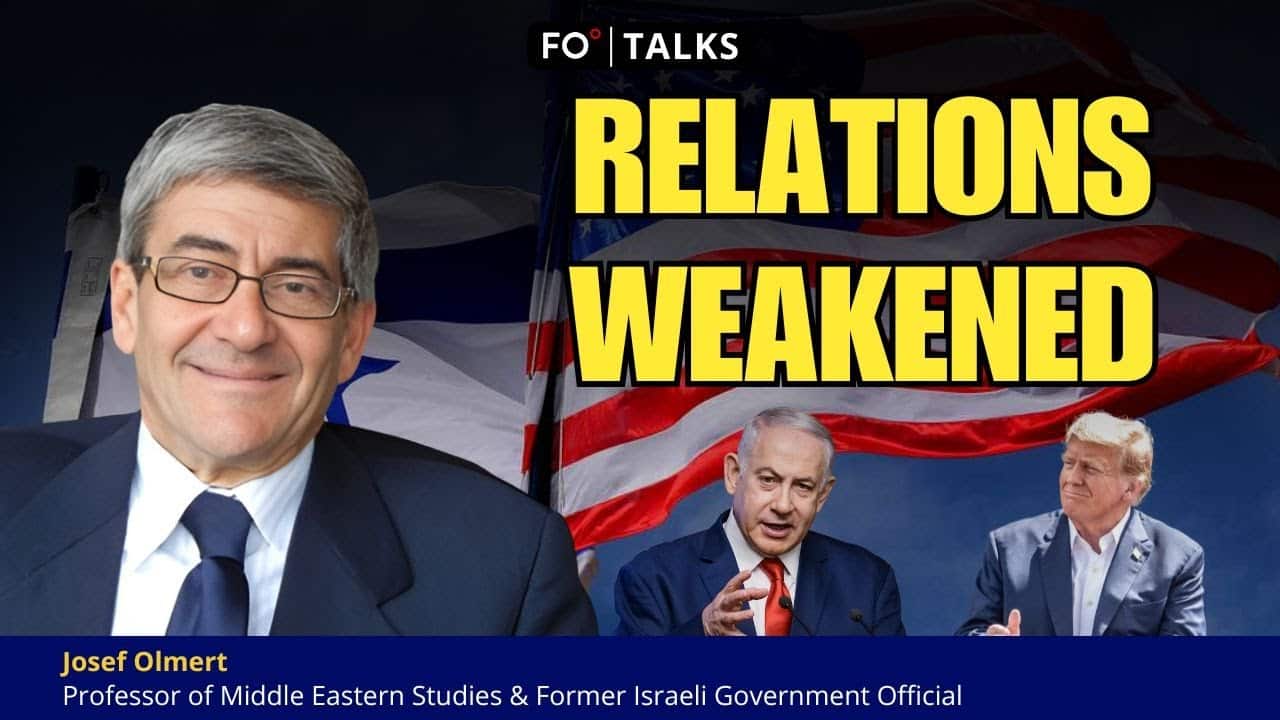







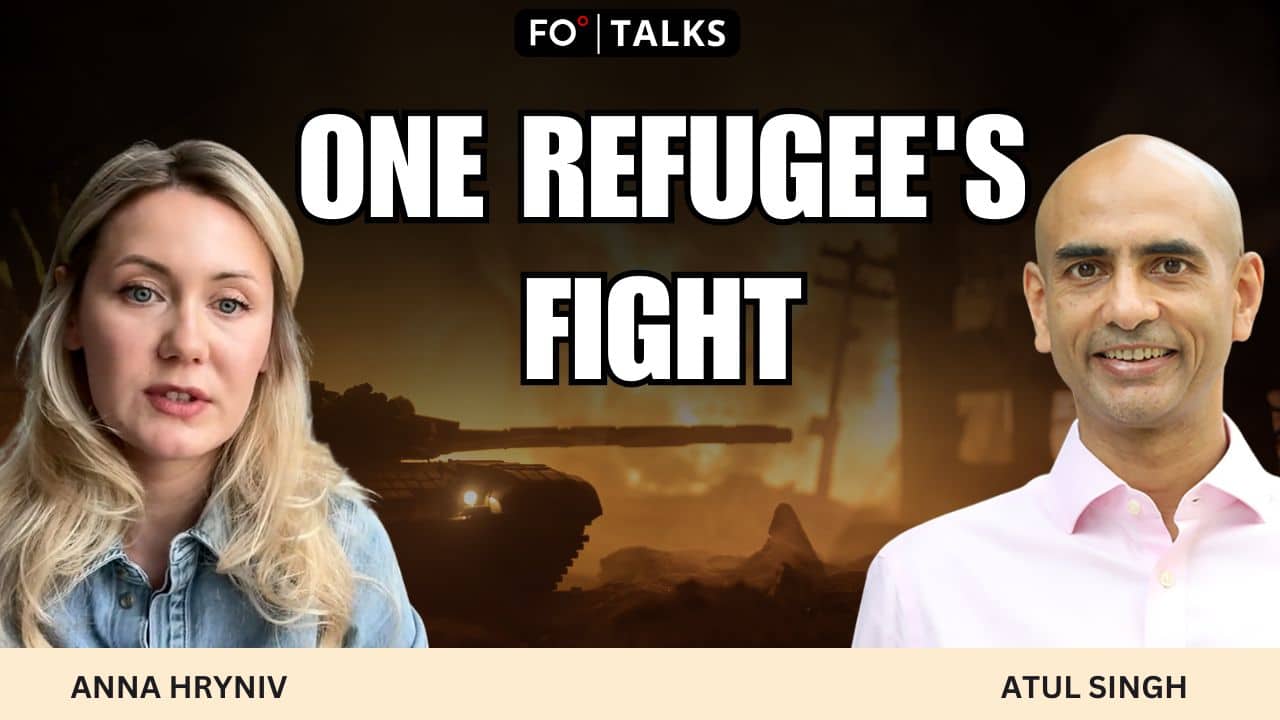

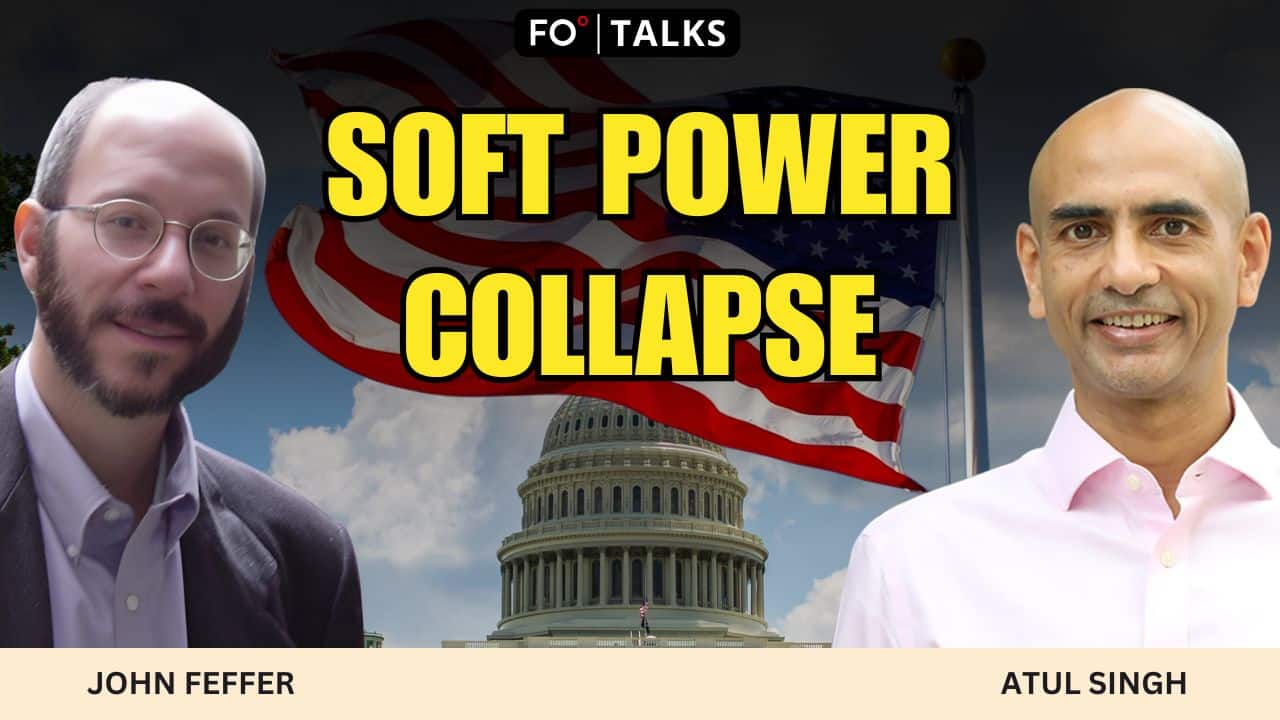

















Comment